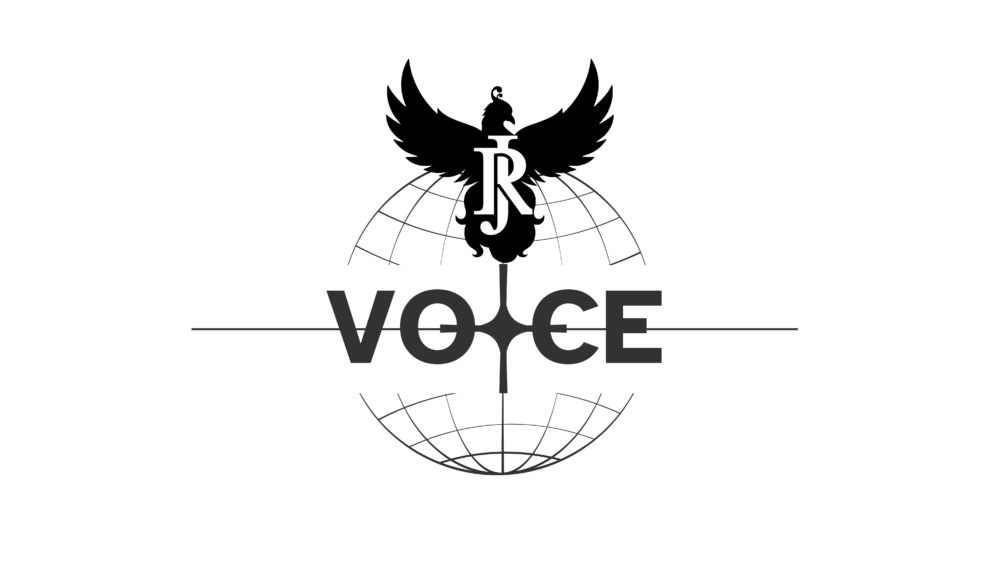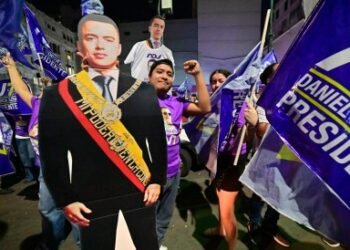Fifteen years after operations ceased at the Oil Mining Lease (OML) 25 in Kula Kingdom, located in Akuku-Toru Local Government Area of Rivers State, host communities are laying out strict conditions for any resumption of oil production. Their message is clear: no drilling will begin unless a binding agreement is reached with the new operator, Renaissance Africa Energy Holdings.
The shutdown of OML-25 has been a prolonged consequence of disputes between the former operator, Shell Petroleum Development Company (SPDC), and the surrounding communities—Kula, Belema, Offoin-Ama, and Ngeje. Following Shell’s exit from the asset, the communities are insisting that Renaissance Africa inherits all existing liabilities, particularly those stemming from what they describe as decades of environmental degradation, economic neglect, and social marginalization.
During a stakeholders’ meeting held in Port Harcourt between the host communities and Renaissance Africa, community leaders emphasized that any new agreement must be legally binding and enforceable. They stressed that sustainable development, environmental restoration, and inclusive community advancement are essential prerequisites for a new partnership.
Traditional leader and elder statesman, His Highness Anabs Sara-Igbe, underlined the depth of frustration among residents. He recalled that the terms of a 2019 agreement—previously signed by Shell, the federal government, Nigerian National Petroleum Corporation (NNPC), the communities, and Belemaoil—were never fully implemented. Sara-Igbe warned that the new operator would need to confront the history of neglect before trust could be restored.
“Our people suffered for 67 years under Shell. They were left with unemployment, poor infrastructure, and environmental ruin. Renaissance must be ready to take responsibility for correcting these injustices before any oil flows again,” he said.
Ambassador Sukubo Sara-Igbe Sukubo, President of the National Youth Council of Nigeria, voiced concerns over Renaissance’s decision to retain personnel from Shell’s previous operations. He argued that keeping individuals linked to past community disputes could trigger renewed tensions. Sukubo urged the new operator to create opportunities for youth employment and invest in projects that directly uplift the lives of local residents.
Community representative Christian Don Pedro echoed these concerns and cautioned against replicating the divisive strategies that fueled the original crisis. “If Renaissance wants to succeed where Shell failed, they must work transparently and collaboratively with all segments of the community,” he said.
The communities are demanding significant investments in infrastructure, healthcare, education, and economic empowerment initiatives. They insist that oil production cannot proceed until there is a clear, enforceable roadmap that guarantees their long-term inclusion and benefit.
According to a statement issued by Emeka Idika, Press Secretary for the host communities, OML-25 was once one of the Niger Delta’s most productive oil fields. Before its shutdown, it generated over 45,000 barrels of crude oil and 103,000 cubic feet of gas daily. However, unresolved grievances and unfulfilled promises brought production to a halt, sparking a years-long impasse that has only recently begun to thaw with the involvement of a new operator.
Now, with Renaissance Africa Energy Holdings taking over the lease, local leaders are determined not to let history repeat itself. Their message is unequivocal: the era of exploitation without accountability is over, and a new chapter of mutual respect and shared prosperity must begin.































































